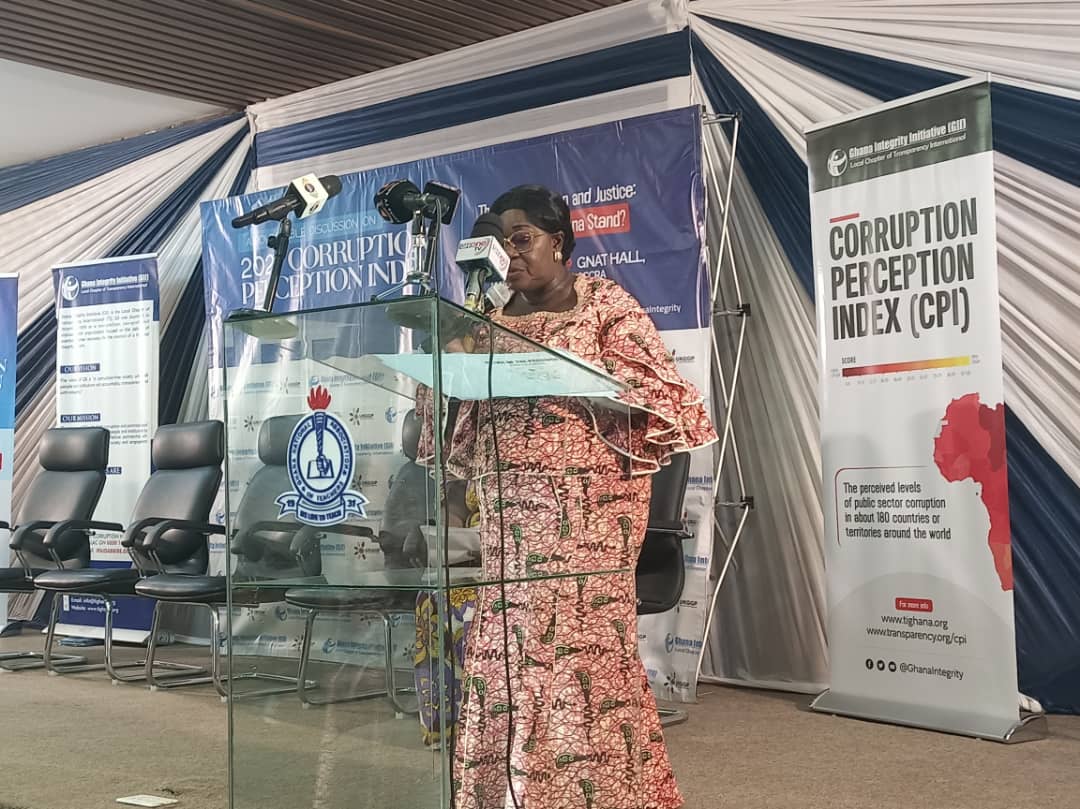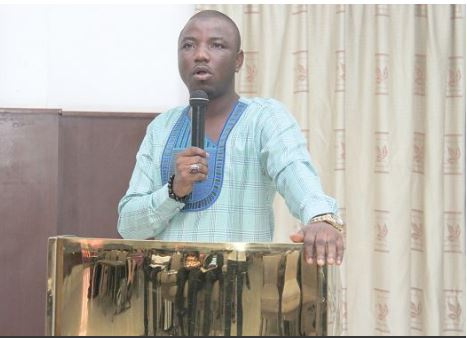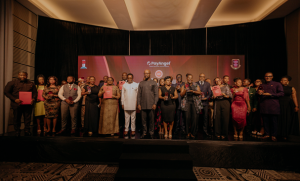
For decades, the Ghana Prisons Service has operated under an outdated, punitive model marked by overcrowded cells, poor infrastructure and minimal inmate support. With feeding grants as low as GH¢1.80 per prisoner per day, conditions are dire and reform minimal. Globally, correctional institutions are shifting toward rehabilitation and productivity, with countries like Norway, South Africa and Kenya using prisons as centers for training, agriculture and manufacturing.
In contrast, Ghana’s prisons are underutilised despite access to arable land. The Service must transform its facilities into centers of reform, skill-building and self-sufficiency. Inmates could be trained in trades such as farming, carpentry, shoemaking and bakery to aid reintegration into society and reduce repeat offenses.
The Chronicle calls on the Ghana Prisons Service to rebrand its image and structure. The prisons do not only serve to punish but also correct and contribute meaningfully to national development.
Our prisons today, as numerous reports confirm, are overcrowded, unhygienic and failing in their most fundamental duty to correct. They remain relics of a punitive past, where prisoners are warehoused in crumbling buildings, dressed in depressing uniforms and fed on a paltry GH¢1.80 per day,barely enough for one decent meal, let alone the three that basic human dignity demands.
And yet, within these broken walls lie hundreds and thousands of able-bodied men and women. Many of them are young, energetic and eager to make something of their lives.
Let us be honest, our prisons are not reforming anyone. If anything, they are producing repeat offenders. The same people who enter these institutions for petty crimes come out hardened, angrier and more desperate only to return again, often for even more serious offences.
Around the world, prisons are being transformed into spaces of redemption and productivity. Most prison facilities are located on large tracts of government land, land that remains mostly unused, while inmates languish in inactivity. Why can’t these prisons become self-sufficient? Why can’t they raise poultry, grow vegetables, build furniture, bake bread or manufacture shoes for themselves and for the whole nation?
The answer is not in capability but in will. For instance, Ankaful, Nsawam and Kumasi Central Prisons all sit on lands that could easily be used for farming and small-scale manufacturing. The inmates, many of whom are serving short sentences for minor crimes could be taught trades, allowed to work and even earn a small wage. The food produced could feed them better than GH¢1.80 allows.
It is commonly believed that inmates in Ghana’s prisons learn skills that help them reintegrate into society upon release. Unfortunately, this belief does not match the reality. Many ex-convicts return home with nothing to show for their time behind bars. Not even a basic idea of how to find a job or run a business. Some end up homeless, jobless and stigmatised. Without a support system or employable skill, crime becomes their only option.
We must shift this narrative. Skill training must become the cornerstone of our prison system. Every inmate who learns a skill and receives mentorship is one less burden on society and one more potential contributor to our economy.
It is time for the Ghana Prisons Service to rebrand itself not as a punitive institution but as a reformative, productive and self-sustaining body. The first step is rebranding both in image and in philosophy.
There is no excuse for prisons to be a financial drain on the state. With efficient leadership and structured productivity systems, prisons can become self-sufficient. Imagine a Ghana where each prison produces its own food, sells crafts and agricultural products, and trains inmates to be contributors to the national economy.
We call on the Ministry of Interior, the Ghana Prisons Council, the Parliamentary Select Committee on Defence and Interior and civil society to champion a national conversation around prison reform. This must not be a bureaucratic workshop exercise but a decisive shift in our national priorities.
Prisons are a mirror of our justice system and by extension, our humanity. We can and must do better.The time to act is now. Let us transform our prisons from places of despair into places of hope, productivity and true correction.
The post Editorial: Prisons Must Be Transformed Into Institutions Of Reform & Skill-Building appeared first on The Ghanaian Chronicle.
Read Full Story


















Facebook
Twitter
Pinterest
Instagram
Google+
YouTube
LinkedIn
RSS